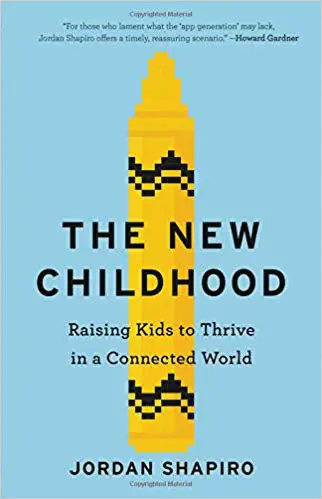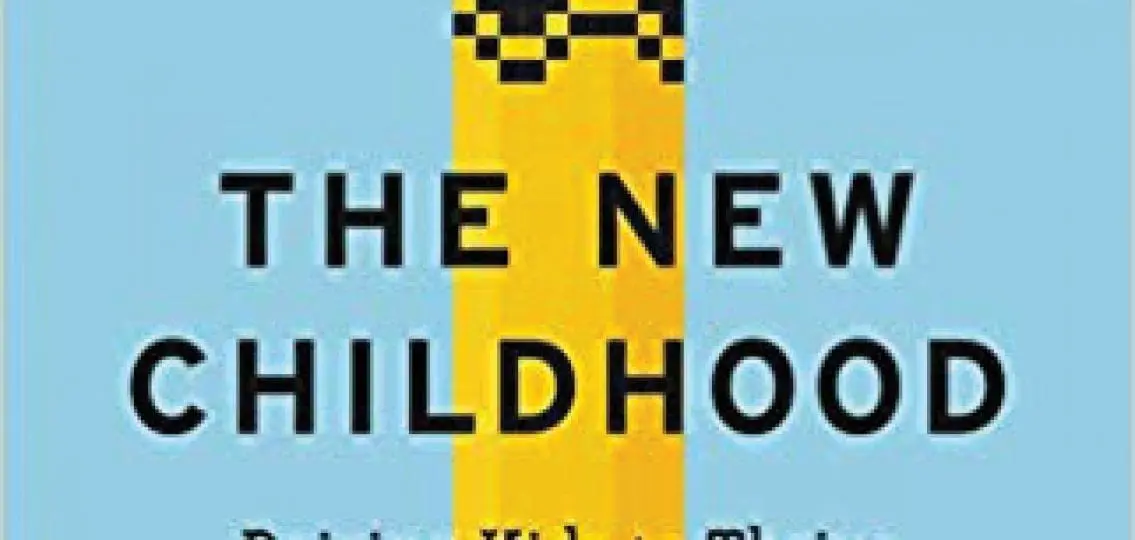Is screen time really so bad?


Connected Culture
As Shapiro points out, our kids are fully immersed in a connected culture, easily adapting to new products and technology in ways that can make less tech-savvy parents a little nervous. But Shapiro says the hand-wringing is unnecessary—in fact, kids are developing the social skills they need through their digital connections. Creating space in a virtual world to interact with friends is no different than carving out space in the real world for in-person connections, he says.
Embrace Technology
In addition to his solid research and examples, it’s Shapiro’s perspective as a dad that makes the pro-tech message of The New Childhood particularly refreshing. He encourages parents and educators to ditch an old-fashioned, outdated mindset and embrace technology as a helpful tool for education and engagement. In fact, he compares playing video games with our kids to playing catch in the backyard—we’re still bonding with our children; the playing field has simply changed.
Though raising children in a digital world may seem daunting, Shapiro believes it doesn’t have to be. Not every parent may be ready to embrace everything that technology has to offer, but Shapiro’s research supports his theory that raising tech-savvy kids is not a bad thing. Modern childhood offers unprecedented opportunities to learn and explore and, yes, connect.

Looking at the topic of kids and tech through The New Childhood’s lens of cultural evolution, this perspective not only seems reasonable, but feels very encouraging.




